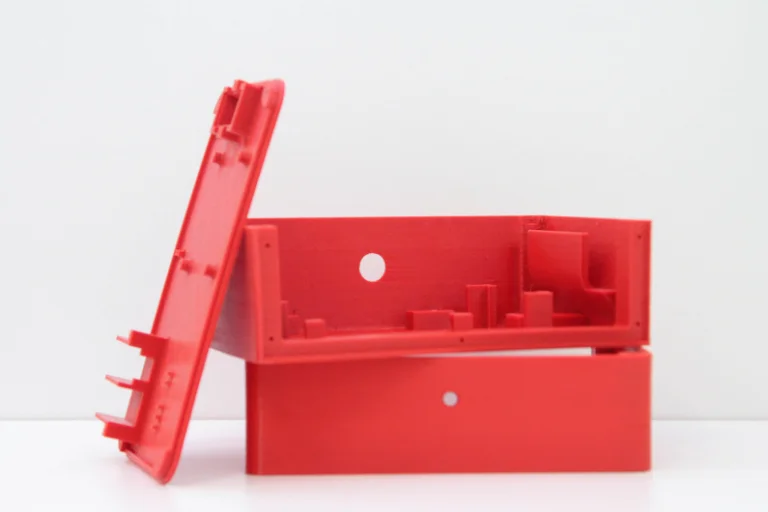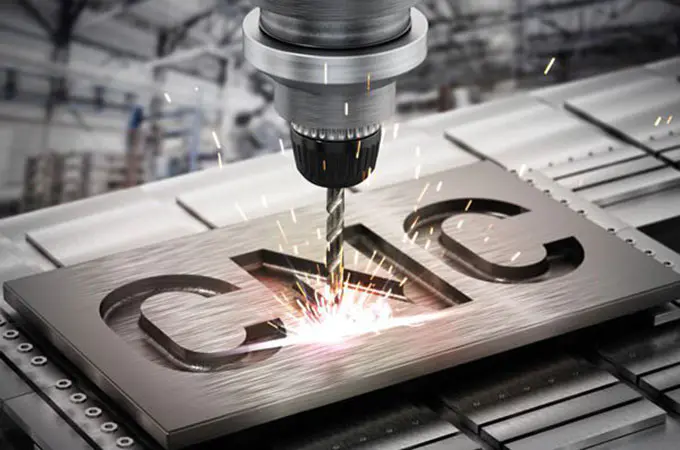
Home » ABS

ABS
Material Type
Plastic
Material Full Name
Acrylonitrile Butadiene Styrene
Process Compatibility
Injection Molding, CNC Machining
List of Plastic Material
List of Elastomer & Rubber Material
List of Metal Material
ABS Description
Price
Strength
Excellent mechanical properties, High accuracy & repeatability.
Weakness
Greater geometry restrictions than 3D printing.
Common Application
Consumer goods, automotive parts, electronics: casings for devices, computer peripherals, luggage and cases.
ABS Properties
ABS plastic is widely used in various industries due to its desirable properties and ease of processing, including ABS automotive parts, ABS consumer goods, ABS toys, electronics, ABS computer housings, luggage, and various household items.
Properties at a Glance
| Property | Metric | English |
|---|---|---|
| Density | 1.01-1.20 g/cm³ | 62.9-74.9 lb/ft³ |
| Water Absorption | 0.050-1.0 % | 0.050-1.0 % |
| Shore Hardness D | 82-100 | 82-100 |
| Max Temp. Air | 80-100°C | 176-212°F |
| Flammabilitiy, UL94 | HB - V-0 | HB - V-0 |
| Elongation at Break | 10-50% | 10-50% |
Chemical Properties
- Very good resistance to acid and alkalis.
- Stability in various environments, like varying temperatures and humidity levels.
- Poor resistance to aromatic hydrocarbons, halogenated hydrocarbons, and alcohols.
How Additives Improve ABS Properties
While additives improve ABS properties, they may affect others. Examples: Impact modifiers boost impact resistance but may lower tensile strength. Glass fibers raise heat deflection temp but reduce thermal conductivity. Flame retardants can alter appearance, affecting aesthetics.
Adding additives to ABS may raise costs, especially with specialized or high loadings. While they enhance specific properties, care is needed to avoid compromising other qualities. Balancing improvements with ABS's essential characteristics is crucial.
A Comprehensive Guide For ABS Injection Molding
Get ABS Parts with Zhongde
Is ABS recyclable?
Is ABS toxic?
What are the commercially available ABS grades?
- Standard ABS: Good for general purposes.
- High-impact ABS: Tougher, for stronger applications.
- Flame-retardant ABS: Safer in case of fire.
- UV-resistant ABS: Lasts longer outdoors.
- Medical-grade ABS: Meets medical standards.





